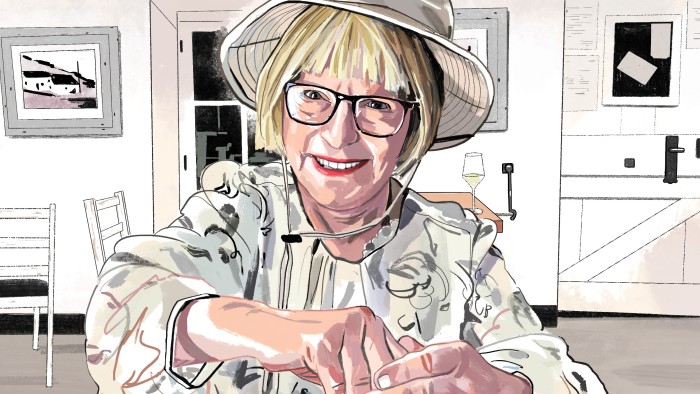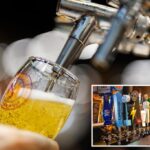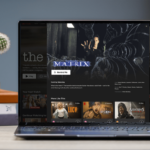Helen Zille, the influential politician known as South Africa’s “Iron Lady,” is a controversial figure with a reputation for incendiary rhetoric. Despite her tough exterior, Zille is warm and funny in person. She played a crucial role in transforming the Democratic Alliance (DA) into a serious political force and is now the chair of the party.
Zille’s liberal views are rooted in her upbringing. Her parents, who fled Nazi Germany, instilled in her a deep belief in individual rights and freedoms. She has been a vocal critic of corruption and lack of accountability in South African politics, particularly during the presidency of Jacob Zuma.
Zille’s tenure as mayor of Cape Town was marked by a focus on efficient governance and service delivery. However, critics accuse the DA of prioritizing the needs of affluent white communities over marginalized Black populations. Zille defends the party’s approach, arguing that economic growth and basic services are essential for upliftment.
The DA’s market-friendly stance has led to increased investor interest in South Africa, but Zille’s uncompromising views have also landed her in hot water. She has been criticized for controversial statements on social media and resistance to policies like Black empowerment.
Zille’s attempts to diversify the DA’s leadership have been met with challenges, and the party’s electoral performance has been mixed. She remains a key figure in the Government of National Unity, where the DA holds several cabinet positions. Zille envisions a future where a new non-racial majority embraces constitutionalism, the rule of law, and a social safety net.
Despite her divisive reputation, Zille continues to wield influence in South African politics. As she drives me back to my hotel, I am struck by her resilience and determination in the face of adversity. Helen Zille is a complex figure, unafraid to speak her mind and challenge the status quo.







